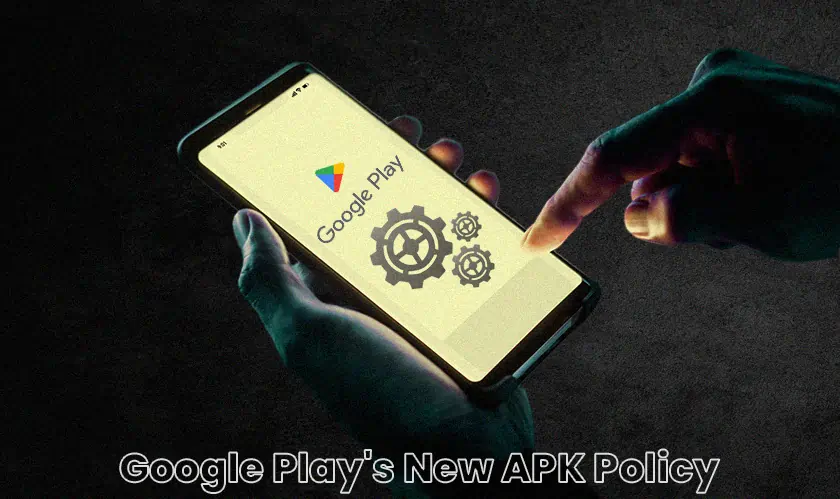Home Technology Mobile Google Play's New APK Policy C...
Mobile

CIO Bulletin
05 August, 2024
Google’s shift to Android App Bundles means users may face extra steps when sideloading apps from outside the Play Store.
In a significant shift in how Android apps are distributed, Google has recently made it more complicated to sideload apps that are not downloaded directly from the Play Store. The company’s introduction of Android App Bundles (AABs) in 2018 was intended to make apps smaller and more efficient. By 2021, Google made this format the default for all new apps.
Android App Bundles allow developers to package their apps with different files for various screen sizes, languages, CPU architectures, and Android versions. Google Play then only downloads the parts of the app necessary for each specific device, saving on storage space and ensuring optimal performance. This system is seamless for users who download apps directly from the Play Store, as Google handles the process automatically.
Previously, Google Play could create “fat APKs” from these bundles—single, all-inclusive APK files that could be easily shared and installed on other devices. This made it simple for users to sideload apps or updates by extracting these APKs and installing them using Android’s built-in Package Installer.
However, as of today, Google has stopped generating these fat APKs for many apps, according to Artem Russakovskii of APKMirror. Now, only the Android App Bundles will be available for download, which complicates the sideloading process. This change means users who wish to sideload apps will face additional hurdles, such as needing specialized tools or services to handle the new bundle format.







